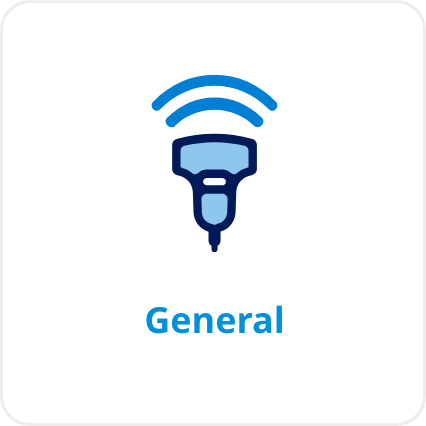General
Ultrasounds
We offer a wide range of Ultrasound Examinations to assess the Abdominal and Pelvic organs, Hernias, Thyroid, Scrotum, Glands, as well as Lumps beneath the skin.
Abdomen ultrasound is used to visualize and assess various abdominal organs, including the liver, gallbladder, pancreas, kidneys, aorta, inferior vena cava, and spleen. If you’ve had abdominal surgery, please let us know before your examination.
Preparation: You will need to fast for 8 hours prior to this exam, nothing to eat or drink during this period until after your exam is completed.
A pelvis ultrasound is used to evaluate the bladder, reproductive organs, uterus, cervix, ovaries and the surrounding area, including blood vessels.
Please inform the sonographer performing your exam if you have had surgery related to your bladder, reproductive organs.
The pelvis ultrasound can also assess the position and presence of an intrauterine contraceptive device (IUD).
Preparation: You will need a full bladder for this exam: Finish drinking 4-6 cups of water an hour before the exam, do not empty your bladder until after the exam is completed.
Abdomen ultrasound is used to visualize and assess various abdominal organs, including the liver, gallbladder, pancreas, kidneys, aorta, inferior vena cava, and spleen. A pelvis ultrasound is used to evaluate the bladder, reproductive organs, uterus, cervix, ovaries, prostate and the surrounding area, including blood vessels.
If you’ve had abdominal surgery, please let us know before your examination.
Preparation: You will need to fast for 8 hours with nothing to eat, but finish drinking 4 cups of water one (1) hour before the exam, to fill your bladder. The abdominal part of the exam is fasting, and for the pelvic portion we need your bladder full, therefore do not empty your bladder until the pelvic portion is completed.
A kidneys and bladder ultrasound, or renal ultrasound, is used to visualize and assess your kidneys, ureters, urinary bladder and the prostate in male patients.
If you’ve have had surgery related to one of these organs, or a history of kidney stones, or stents placed in the ureters or urinary bladder, please let us know before your exam.
Preparation: You will need to fast for 4 hours and have a full bladder for this examination. Nothing to eat for 4 hours and finish drinking 4 cups of water 1 (one) hour before the exam, do not empty your bladder until after the examination in completed.
A scrotum or testicular ultrasound is used to assess the structure of the testicles, epididymis, scrotal sac, and vessels that provide flow to the contents of the scrotum.
Your doctor may order this exam if you or your doctor felt a lump, or if there is unusual swelling, tenderness, injury or pain.
No Preparation
An inguinal ultrasound is used to examine the right and/or left groin area. Your doctor may order this test if a lump or bulge is felt, or if you are experiencing pain or tenderness. During the exam you may be asked to do some different breathing and crunching maneuvers to asses for hernias.
No Preparation
A thyroid ultrasound is used to examine the thyroid gland, in the front of the lower neck and nodes in the neck. Your doctor may request this exam to assess the size and shape of the thyroid gland as well as look for new nodules or changes in previously seen nodules. This helps your doctor with additional information relating to the thyroid function.
No Preparation
A soft tissue mass ultrasound is performed if your doctor wants to assess the contents of a superficial lump. Lumps may contain fat, fluid, or solid tissue. Ultrasound can document the size and vascularity of a lump and the proximity to other structures. This exam helps your doctor decide if this area needs another test to diagnose the type of tissue in the lump, to determine the best treatment.
No Preparation. Except if soft tissue lump is in the arm pit / axilla, then do not wear deodorant or antiperspirant to your appointment.






